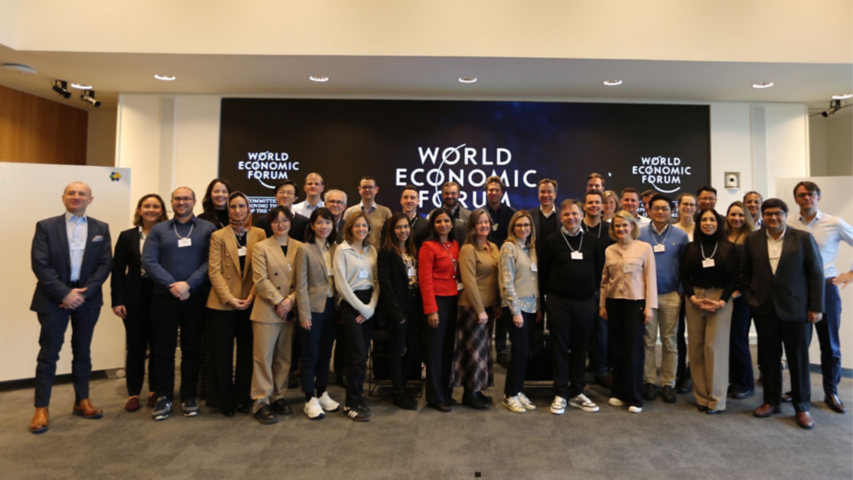In considering digital transformation, often the significance of these two words is overlooked. Digitization focuses on the adoption of digital tools – the ‘how’ something can be changed – while the transformation aspect refers to the outcomes generated. A holistic approach towards digital transformation is therefore about bringing these two elements together and delivering these outcomes through technology.
It’s not as simple as just focusing on the latest technology and plugging that into operations and expecting to see improvements. This misconception, prevalent in manufacturing, stems from the disconnect between the digital tools and the envisioned transformation.
Instead, a holistic approach calls for an all-encompassing examination of manufacturing operation and system, to comprehend and address the challenges at hand. By following a holistic approach, manufacturers can bring together complex systems, domain expertise, knowledge, and strategic planning to address problems and pave the way towards a successful transformation.








